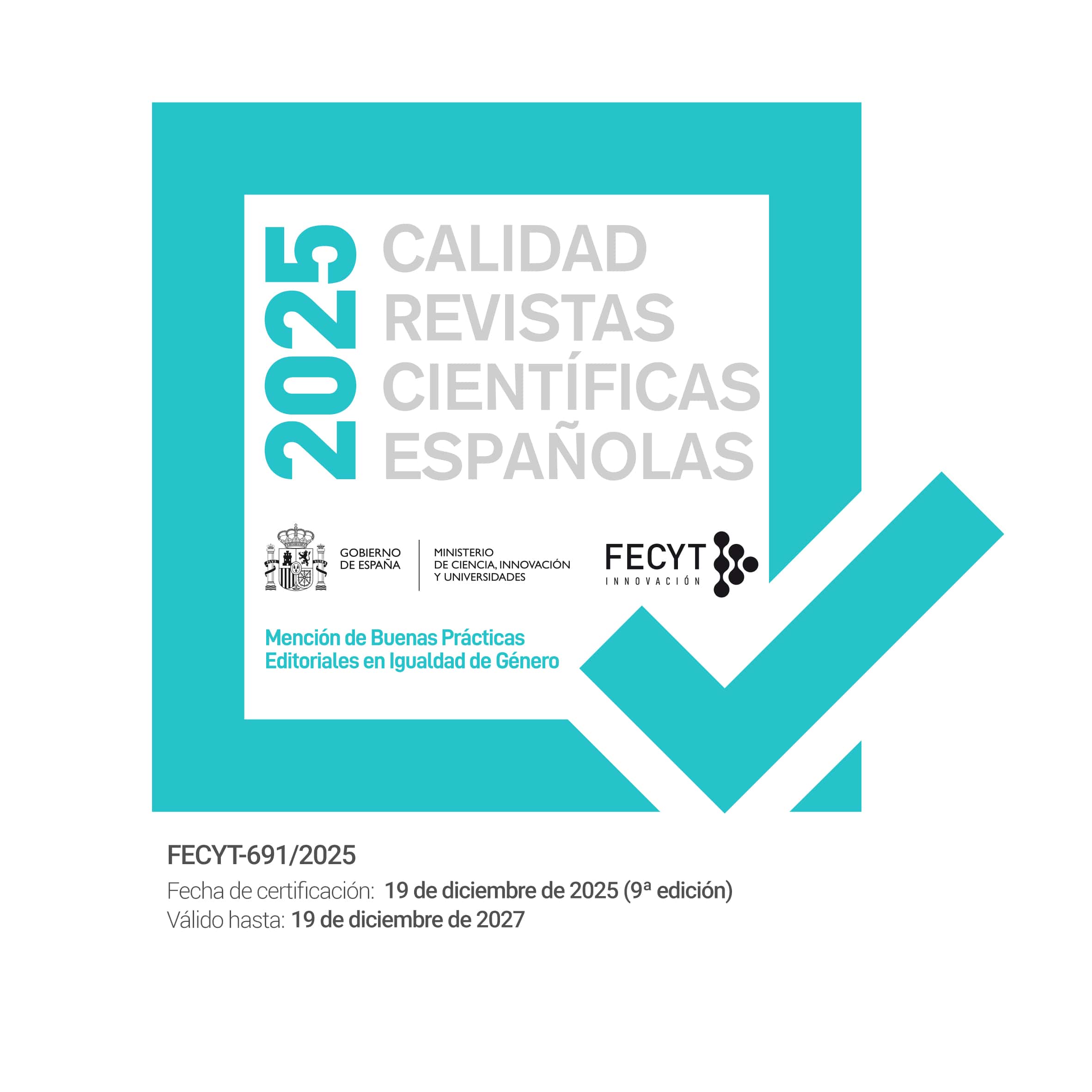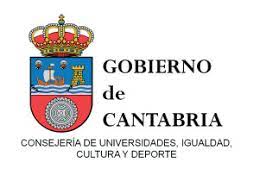Un discípulo heterodoxo de Menéndez Pelayo: José Luis Cano
DOI:
https://doi.org/10.55422/bbmp.337Palabras clave:
Crítica literaria, Antecedentes, Valoración estéticaResumen
José Luis Cano perteneció a la escuela filológica historicista de Menéndez Pelayo –que fundó la crítica española moderna- y fue discípulo de Dámaso Alonso. Tras la lectura de las obras de Cansinos Assens, Azorín y Andrenio aglutinó un pensamiento crítico propio. Del gran estudioso santanderino Cano tomó la importancia de la valoración estética, del medio histórico y de los antecedentes, así como la aportación a la historia literaria. Aunque apreció algunas consideraciones, discutió la mayoría de sus posiciones en cuanto a los ilustrados por su propia afinidad con la ideología liberal. El crítico andaluz resaltó el componente humano del sabio tradicionalista, así como la rectificación de errores para ser generoso y justo. Supone un ejemplo de respeto a los orígenes del estudio literario y una aportación relevante y personal.
Descargas
Publication Facts
Reviewer profiles N/D
Author statements
Indexado: {$indexList}
- Academic society
- Sociedad Menéndez Pelayo
- Editora:
- Sociedad Menéndez Pelayo
Estadísticas globales ℹ️
|
166
Visualizaciones
|
88
Descargas
|
|
254
Total
|
|
Citas
ALONSO, Dámaso. (1952) Poetas españoles contemporáneos. Madrid. Gredos.
——— (1969) Intervención en el homenaje a Menéndez Pidal en el Ateneo de Madrid, el 25 de febrero de 1969 (Archivo del Ateneo de Madrid, ROT 3/4/4).
CANO, José Luis. (1955) De Machado a Bousoño. Notas sobre poesía española contemporánea. Madrid. Ínsula.
——— (1964) «Nota sobre la crítica literaria en España». Comparative Literature Studies, vol. 1, n. 4. Pensilvania. Universidad de Pensilvania.
——— (1966) El escritor y su aventura. Barcelona. Plaza y Janés.
——— (1974) Españoles de dos siglos. De Valera a nuestros días. Madrid. Seminarios y Ediciones.
——— (1975) Heterodoxos y prerrománticos. Madrid. Júcar.
——— (1991) Los cuadernos de Adrián Dale. Memorias y relecturas. Madrid. Orígenes.
——— (1992) Historia y poesía, Barcelona, Anthropos.
GONZÁLEZ TROYANO, Alberto. (1987) «La labor crítica y cultural de un hombre de su siglo». Sonetos de la bahía y textos reunidos para José Luis Cano. Algeciras. Mancomunidad de Municipios del Campo de Gibraltar.
——— (introd.) (2011). Heterodoxos y prerrománticos. Cádiz. Diputación Provincial de Cádiz.
GUERRERO, Antonio. (1991) José Luis Cano: De Sonetos de la Bahía a La España de Bonafoux. Algeciras. Fundación José Luis Cano.
MAINER, Jose-Carlos. (2003) Filologías en el purgatorio, Barcelona, Crítica.
MORA GARCÍA, José Luis. (2015) «José Luis Cano: el poeta que hizo de escritores y lectores sus prójimos y los nuestros». Ínsula. 817-818. 10-13.
SALINAS, Pedro. (1949) Literatura española. Siglo XX. México. Antigua Librería Robredo.
WAHNÓN BENSUSÁN, Sultana. (1991) Introducción a la historia de las teorías literarias. Granada. Universidad de Granada.
ZULUETA, Emilia de. (1974) Historia de la crítica española contemporánea. Madrid. Gredos.
Descargas
Publicado
Cómo citar
Número
Sección
Licencia

Esta obra está bajo una licencia internacional Creative Commons Atribución-NoComercial 4.0.








